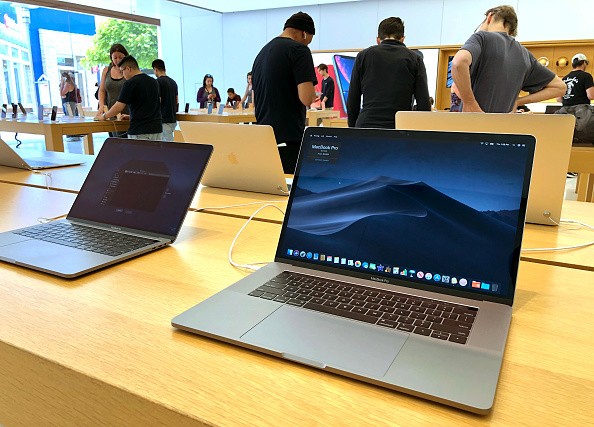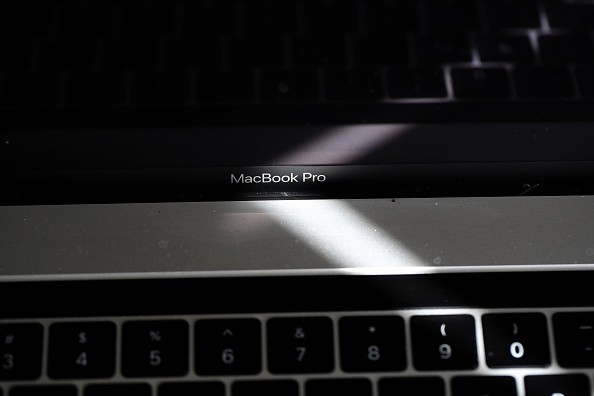Microsoft now warns consumers about a new Mac malware. The software giant released its warning after discovering that the security threat is currently evolving.

This new malware called UpdateAgent specifically targets devices that are running macOS. When it was first identified back in 2020, the malicious campaign can only steal sensitive system information.
However, the malware is acquiring new abilities that could lead to great security breaches.
"Our discovery and analysis of a sophisticated Mac trojan in October exposed a year-long evolution of a malware family-and depicts the rising complexity of threats across platforms," said Microsoft via its official Threat Intelligence blog post.
Microsoft Warns About Mac Malware's Evolution
According to ZDNet's latest report, the UpdateAgent malware was able to morph. Because of this, it can now deploy other malicious campaigns, such as adware.

One of the most alarming capabilities of this security threat is that it can bypass Apple's built-in Gatekeeper system, which is specifically designed to allow trusted apps to be installed in Mac devices.
However, UpdateAgent can breach this security feature. As of the moment, one of the most dangerous adware that this Mac malware can deploy is Adload.
But, Microsoft warns that the evolving security threat can soon send other malicious campaigns that are more serious than Adload.
Other Severe Malware Appearing
Aside from the new UpdateAgent, security experts also discovered another malware. But, this time, the security threat is actually linked to the SolarWinds breach.
The attackers behind the SolarWinds exploitation are among the most notorious cybercriminals back in 2020. Researchers explained that the malware arsenal used for the massive breach has been expanded using techniques and advanced tools.
In other news, eight high-threat exploits targeting Google Chrome users were recently discovered. Meanwhile, an Israeli firm was caught offering the Pegasus hacking tool.
For more news updates about UpdateAgent and the other security threats, always keep your tabs open here at TechTimes.
This article is owned by TechTimes
Written by: Griffin Davis
![Apple Watch Series 10 [GPS 42mm]](https://d.techtimes.com/en/full/453899/apple-watch-series-10-gps-42mm.jpg?w=184&h=103&f=9fb3c2ea2db928c663d1d2eadbcb3e52)



